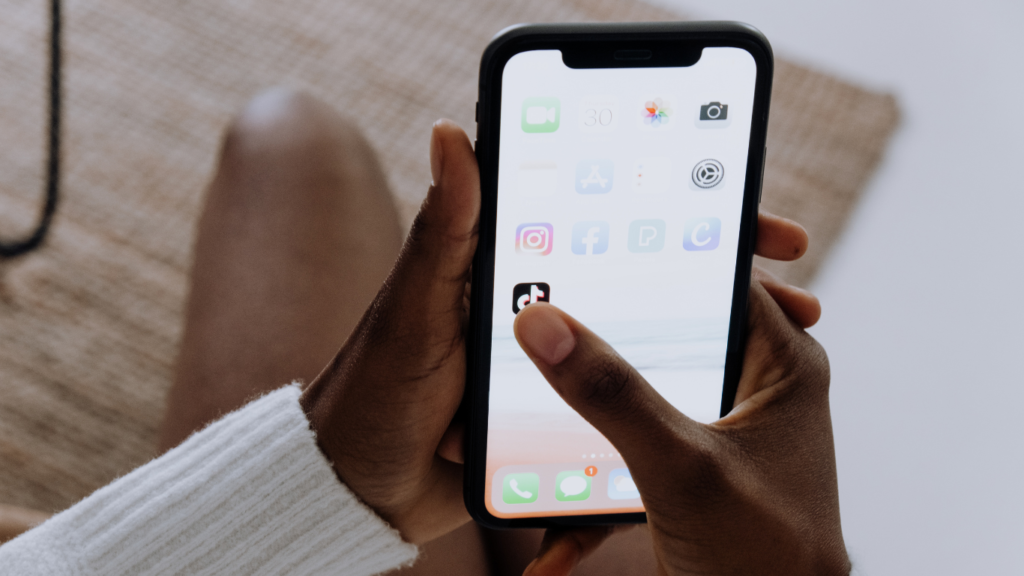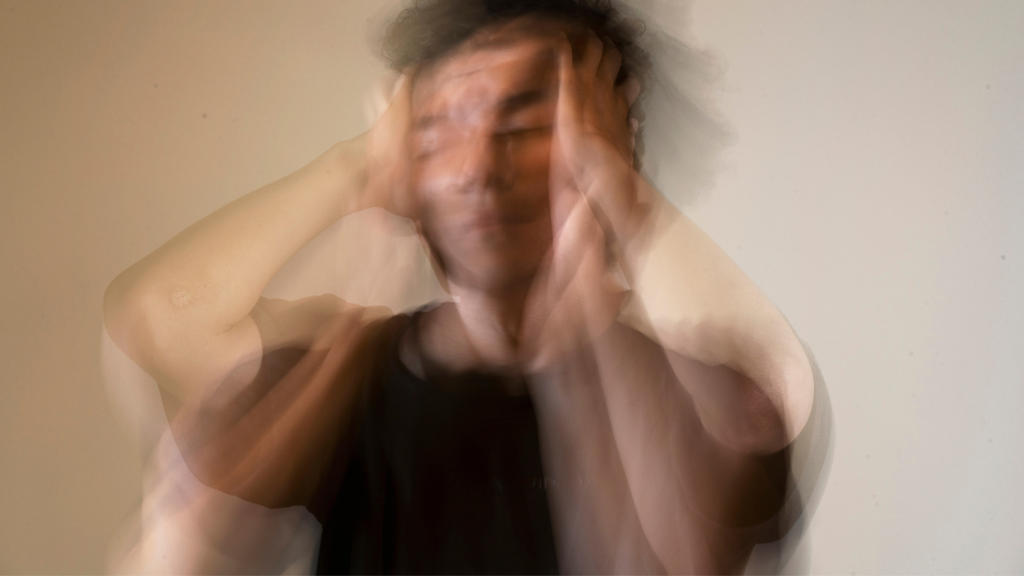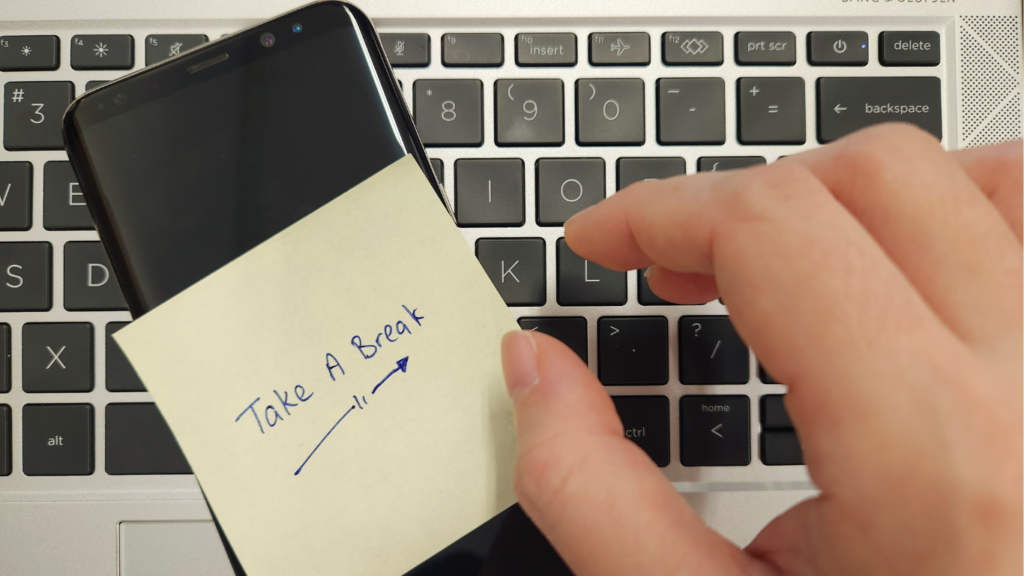In the age of Instagram and TikTok, social media has become a dominant force in shaping how we perceive ourselves and others. While these platforms offer opportunities for connection, creativity, and self-expression, they also fuel a less-discussed emotion: jealousy. Whether it’s the curated snapshots of luxury vacations, flawless selfies, or seemingly perfect relationships, the constant stream of idealized content can trigger feelings of inadequacy and envy. This phenomenon, often referred to as “social media jealousy,” can have a profound impact on emotional well-being, leading to anxiety, low self-esteem, and strained personal relationships. Research highlights that platforms designed to showcase curated moments often lead to upward social comparisons, which can foster feelings of inadequacy and envy. A study by Valkenburg et al. (2022) found that excessive social media use correlates with decreased self-esteem and heightened depressive symptoms, especially among adolescents. Similarly, Boer et al. (2020) noted that such comparisons amplify users’ dissatisfaction with their own lives, underscoring the psychological toll of idealized portrayals online.

Several real-life incidents highlight how social media jealousy has adversely impacted mental health, relationships, and even personal safety. Here are a few notable examples:
Instagram Envy Leading to Conflict
A woman in the UK, who was an avid Instagram user, found herself engrossed in comparing her life with the curated, glamorous lifestyles of influencers and peers on the platform.
She began to measure her worth based on these comparisons, feeling inadequate in terms of physical appearance, financial status, and social activities. This obsessive behavior led her to question her own life choices and ultimately caused insecurity about her relationship with her spouse. Her constant need to validate herself by mimicking influencers’ lifestyles created tension and conflict in her marriage. This dynamic illustrates how platforms that focus on curated content can magnify feelings of jealousy and self-doubt, disrupting emotional stability and interpersonal connections.
These types of incidents are not uncommon, and they highlight the psychological toll that social media platforms can exert on individuals. The curated nature of content and the visibility of others’ “perfect” lives can significantly skew perceptions of reality, creating emotional strain and, in some cases, causing harm to real-world relationships.
Fatal Incidents Fueled by Jealousy
In Canada, a man became obsessed with the lavish lifestyle portrayed by one of his friends on Facebook. The friend’s posts showcased expensive cars, luxurious vacations, and high-end purchases, which triggered envy in the man.
Unable to reconcile his feelings of inadequacy with the perceived success of his friend, the jealousy escalated into anger. Over time, this led to a confrontation between the two, which tragically turned violent. The incident culminated in a physical altercation that resulted in serious injury and criminal charges against the man.
This case highlights the dangers of social media’s ability to amplify negative emotions like envy. The constant exposure to curated portrayals of success can distort reality and fuel harmful comparisons. In extreme cases, this emotional distress can spiral out of control, leading to actions that have devastating consequences for both the individual and those around them.
These incidents underscore the importance of promoting awareness about the impact of social media jealousy and encouraging healthier online habits.
Breakdowns Among Influencers
Paradoxically, influencers themselves are victims of social media jealousy. They themselves face a lot of challenges, highlighting the paradox that those who seem to “have it all” often struggle with social media-induced mental health issues. Influencers, whose livelihood depends on constant engagement, sponsorship deals, and follower counts, can find themselves trapped in a cycle of comparison and competition.
In some cases, influencers have publicly shared their experiences of burnout and emotional distress caused by this lifestyle. For example:
- Comparing Engagement Metrics: Influencers often feel pressure to maintain or surpass their peers’ metrics, such as likes, comments, and follower growth. When their content does not perform as expected, it can lead to feelings of inadequacy or failure, even if their achievements appear enviable to others.
- Sponsorship Jealousy: Influencers may also experience jealousy when their peers land lucrative sponsorship deals or brand collaborations that they were vying for. This professional rivalry can intensify feelings of envy, especially when earnings are directly tied to their online presence.
- Public Meltdowns and Hiatus: Some influencers have had public breakdowns or announced social media hiatuses, citing mental health struggles. For instance, they may express feeling overwhelmed by the pressure to curate a perfect image or keep up with constantly changing trends. The mental toll is compounded by the fear of losing relevance or income during these breaks.
This dynamic illustrates that even those who appear successful and confident online are not immune to the adverse effects of social media. It serves as a reminder that social media jealousy can impact anyone, regardless of their perceived status, and underscores the need for open conversations about mental health and digital well-being.
These types of incidents are not uncommon, and they highlight the psychological toll that social media platforms can exert on individuals. The curated nature of content and the visibility of others’ “perfect” lives can significantly skew perceptions of reality, creating emotional strain and, in some cases, causing harm to real-world relationships.

Top 10 strategies to manage social media jealousy
1. Recognize and Acknowledge Jealousy
Awareness is the first step to change. Recognize when social media triggers feelings of envy or inadequacy. Journaling these emotions can help you understand their source and manage them constructively.
2. Limit Social Media Use
Studies show that reducing time spent on platforms significantly lowers feelings of inadequacy and FOMO (Fear of Missing Out). Implement time limits using apps like Screen Time or Digital Wellbeing.
3. Curate Your Feed
Unfollow accounts that promote unrealistic standards or make you feel inferior. Replace them with accounts that inspire positivity, learning, or authentic storytelling.
4. Practice Gratitude
Regularly reflect on things you are grateful for in your life. Gratitude journaling can counteract feelings of envy by shifting focus to your own achievements and blessings.
5. Engage in Offline Activities
Invest time in hobbies, outdoor activities, and relationships that foster genuine joy and connection away from screens. This reduces reliance on social media for validation.

6. Challenge Unrealistic Comparisons
Remember, social media often showcases highlight reels, not reality. Consciously remind yourself that others may face challenges you don’t see.
7. Strengthen Real-life Relationships
Build meaningful connections offline to reduce the need for online validation. Spend quality time with friends and family to foster genuine support systems.
8. Focus on Personal Growth
Set personal goals unrelated to social media metrics. Celebrate your progress in areas like fitness, learning, or career achievements.
9. Seek Professional Help if Needed
If social media jealousy significantly impacts your mental health, consult a therapist. Cognitive Behavioral Therapy (CBT) can help reframe negative thought patterns.
10. Take Regular Digital Detoxes
Periodically disconnect from all social media platforms to recharge mentally and emotionally. Use this time to reflect on your values and recalibrate your priorities.
By incorporating these strategies, individuals can regain control over their emotional well-being and build a healthier relationship with social media.